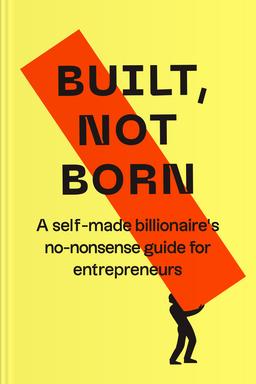What is Unfreedom of the Press about?
This provocative exploration reveals the current state of journalism, arguing that the media has shifted from a watchdog role to one biased against the truth. The author critiques the influence of ideology on news reporting, exposing how this trend undermines democracy and public trust. Through historical context and compelling examples, it urges readers to recognize the dangers of media manipulation and to demand accountability from journalism.
Who should read Unfreedom of the Press
- Journalism students seeking truth in reporting.
- Political activists fighting for free speech rights.
- Readers interested in media bias and accountability.
What is Stock Investing for Dummies about?
This comprehensive guide demystifies the stock market, offering practical strategies for beginners to build wealth through investing. It covers essential concepts such as stock analysis, market trends, and portfolio diversification, empowering readers with the confidence to make informed investment decisions. With clear explanations and actionable tips, it serves as an essential resource for anyone looking to navigate the complexities of stock investing.
Who should read Stock Investing for Dummies
- Beginner investors seeking foundational stock knowledge.
- Individuals wanting to enhance their personal finance skills.
- Anyone interested in understanding stock market strategies.
What is Harvard Business Review Guide to Finance Basics for Managers about?
This practical guide equips managers with essential financial knowledge needed to make informed decisions. It covers fundamental concepts such as financial statements, budgeting, and forecasting, along with strategies to analyze data effectively. With clear explanations and real-world examples, it demystifies finance for those without a formal background, empowering managers to enhance organizational performance and navigate financial challenges confidently.
Who should read Harvard Business Review Guide to Finance Basics for Managers
- New managers needing financial literacy
- Small business owners seeking financial strategies
- Aspiring leaders interested in finance fundamentals
What is The Velvet Rope Economy about?
This book explores the rise of economic inequality and how it has become a lucrative industry. It delves into the concept of the "velvet rope" as a metaphor for the barriers between the wealthy and the rest of society, illustrating how luxury experiences and services cater exclusively to the affluent. Through compelling case studies, the narrative reveals the implications of this divide for consumer behavior and societal norms.
Who should read The Velvet Rope Economy
- Economists and policymakers seeking insights on inequality.
- Business leaders navigating the dynamics of economic disparity.
- Educators discussing the impact of class and privilege.
What is Built, Not Born about?
This practical guide offers insights from a self-made billionaire, emphasizing that success comes from hard work and determination rather than innate talent. Readers learn essential strategies for entrepreneurship, including overcoming challenges, decision-making, and building resilient businesses. With a no-nonsense approach, the authors share personal stories and actionable advice, motivating aspiring entrepreneurs to forge their own paths to financial independence.
Who should read Built, Not Born
- Aspiring entrepreneurs seeking practical business advice.
- Established business owners looking for growth strategies.
- Individuals interested in self-made success stories.




